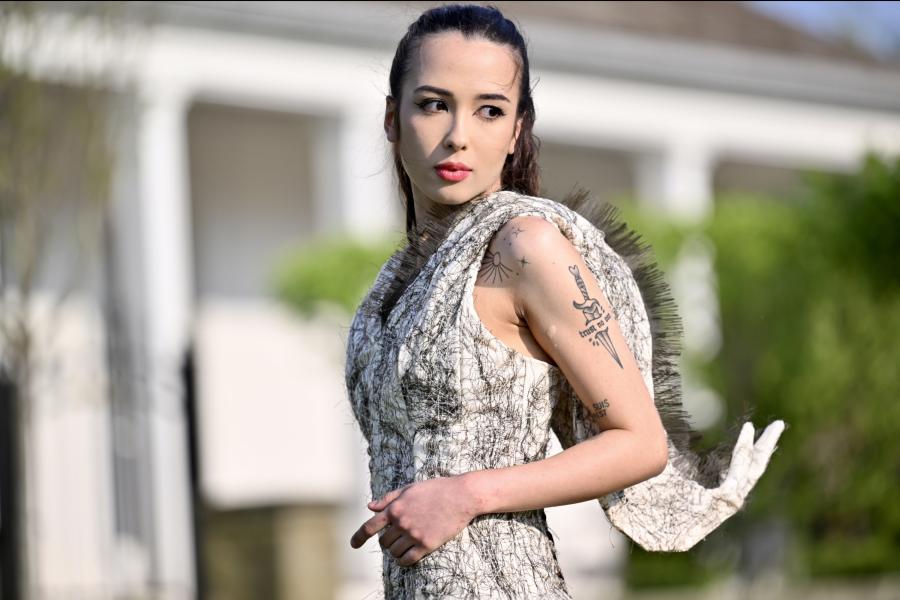Registering for Selective Service
Per Ohio Revised Code 3345.32, all Ohio resident male students between the ages of 18 and 26 not registered with Selective Service must file a statement of Selective Service registration. If you have not already registered with Selective Service, and are required, use the link below to register. Failure to comply will result in the assessment of nonresident tuition fees to your account and the cancellation of all state based financial aid.
You can find information on who is required to register as well as register on the Selective Service System website.
How Successful are Exploratory Students?
Our Goal is Successful Graduates! We're here to help you make the best decision for your future.
Quick facts about graduates of our award-winning Exploratory program:

Kent State University’s School of Fashion was recently featured in Women’s Wear Daily (WWD) for its role in a unique collaboration blending fashion, art, and history with luxury fabric house Scabal and Peg’s Gallery. The project centered on the U.S. debut of 12 rare Salvador Dalí paintings—commissioned by Scabal in 1971 and reimagined decades later by Kent State fashion students. Through a semester-long studio project, junior-level designers responded to the same prompt once given to Dalí: What will fashion look like 30 to 40 years in the future? Their visionary garments were exhibited al...